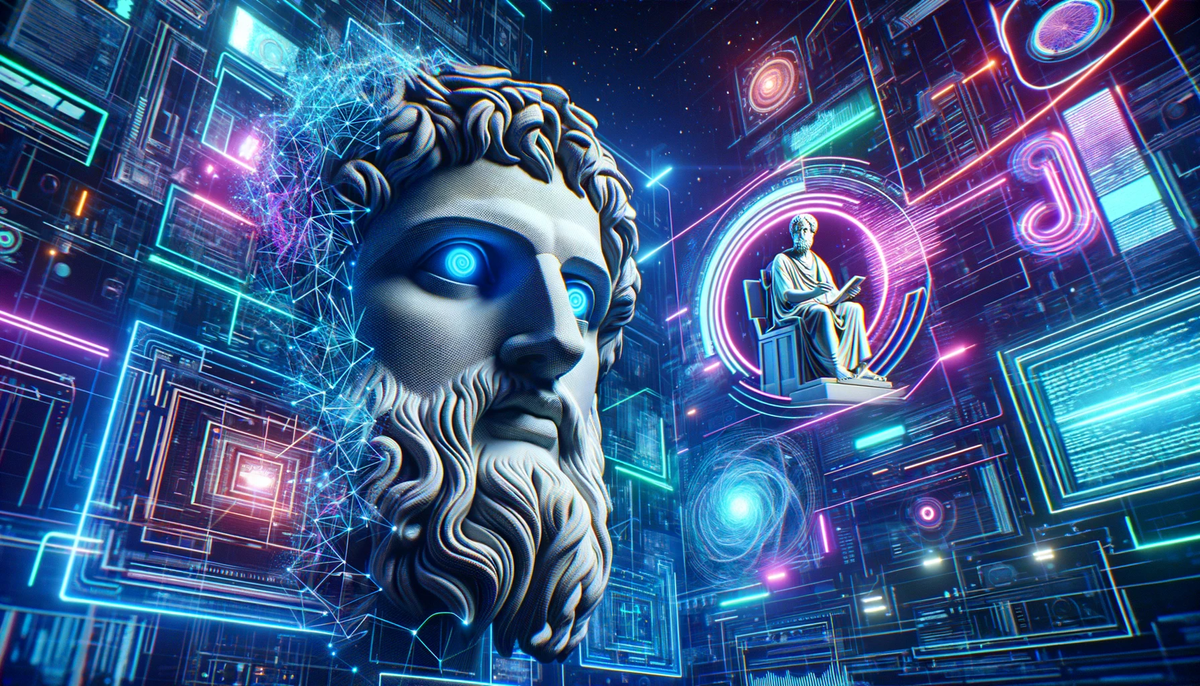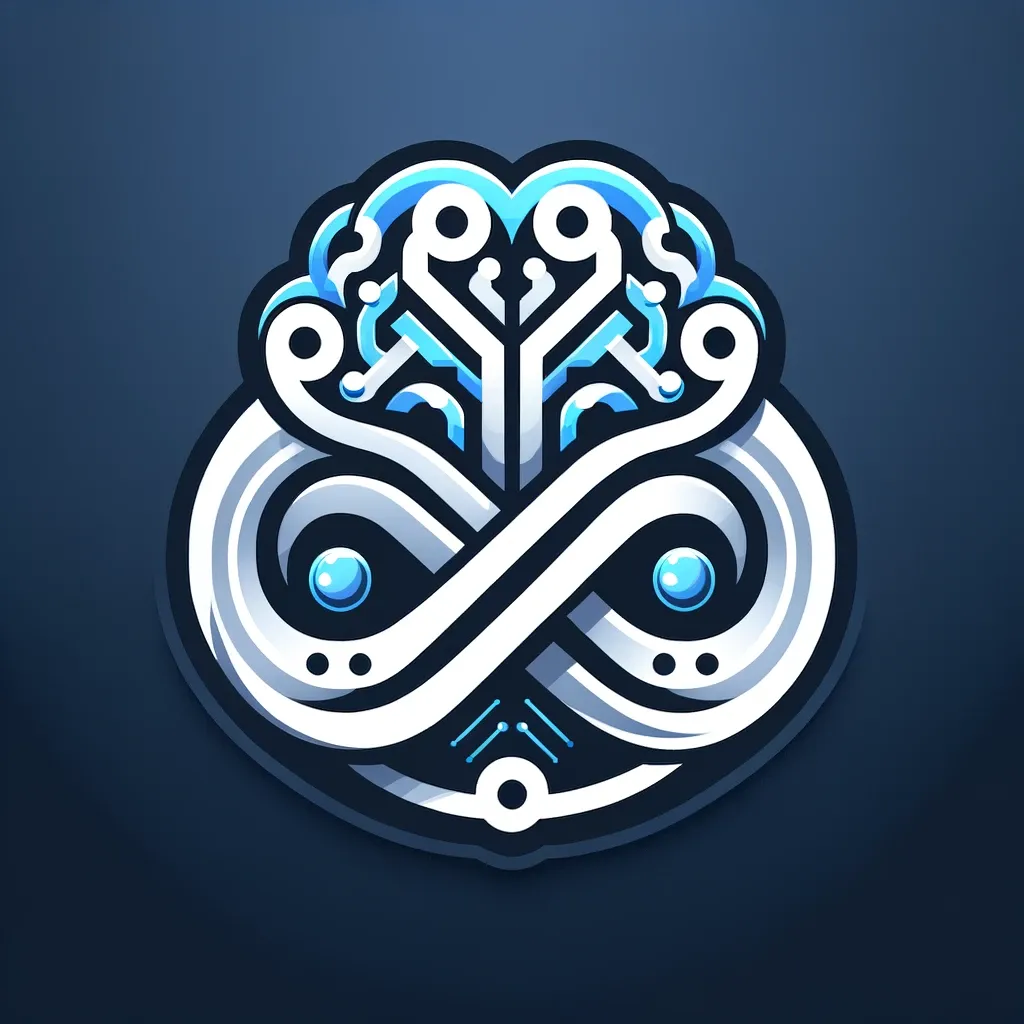Melioration

In thought and creativity, melioration is a keystone of innovation and adaptation. Melioration, for our purposes, is defined as the skill of selecting an appropriate amalgam of information, enhancing that mixture, and applying it to solve problems in novel situations across time and space. It involves the personal cognitive process of connecting seemingly distant areas to foster an innovative thinking approach. This skill is paramount for groundbreaking ideas and is increasingly vital for future learning, thinking, and research. As we explore education and innovation, let's delve into the journey from our earliest experiences to the pinnacle of intellectual synthesis, understanding how this process shapes how we generate new ideas and things.
Melioration and innovation are twin torchbearers leading the charge in purposeful creation. Contemplation is critical to our progress as a species. Every new thing begins in the mind. Our journey through life, from the cradle to the pinnacle of our careers, is a testament to the power of learning and adapting. From direct learning as infants to the sophisticated synthesis of ideas as adults, this journey forms the bedrock upon which new creations are erected. Now, let's dive deeper into these concepts.
Aristotle believed we're born into this world as blank slates (Latin: Tabula Rasa; Greek: literal translation is below), learning through direct experience. This is our first dance with knowledge, where everything is raw and immediate. It's like being thrown into the deep end and learning to swim by instinct. As we grow, our learning shifts from this direct, experiential form to a more vicarious one, filtered through the screens of others' experiences and insights. It's like learning to swim in different waters, guided by the countless swimmers who've come before us.
| a writing tablet | γραμματείῳ | grammateiō |
| wherein | ᾧ | hō |
| nothing | μηθὲν | mēthen |
| exists | ὑπάρχει | hyparchei |
Our learning path begins as a single node, a direct learning line from our environment. But as we grow, this path branches out, diverging into myriad directions as we explore, falter, and learn. Childhood is a time of exploration, where we branch out on our own, learning to be adults through trial & error and second-hand experience. It's a wild ride, full of bumps and bruises, but it's ours, and it's how we begin to see the world not just as it is but as it could be.
As we mature, our myriad branches of learning begin to converge. We synthesize these divergent paths of knowledge, blending them into a cohesive understanding of the world. This is where we add our verse to the great chorus of human knowledge. But the magic really happens when we've gained expertise in several domains. That's when meliorant thinking kicks in, allowing us to bridge concepts from disparate domains, identifying connections that weren't obvious before. It's like being a chef in a vast kitchen, combining ingredients in ways no one thought to try to create something new and extraordinary.
Matt Ridley, in his TED talk "When Ideas Have Sex," beautifully captures this essence of innovation. He talks about how ideas, like genes, evolve and combine to form new, more complex systems - a symphony of human progress. David Passig, in his paper "Melioration as a Higher Thinking Skill of Future Intelligence," dives deeper, defining melioration as the skill of borrowing and adapting concepts from seemingly far-removed fields to create new insights and solutions. This dance of ideas, this intellectual tango, drives humanity forward, pushing us to constantly reimagine and reinvent the world around us.
The beauty of melioration lies in its courageous embrace of the unknown. It's about having the guts to forget what we think we know, to question the status quo, and to dare to think differently. It's about not just thinking outside the box but realizing that maybe, just maybe, there is no box. Melioration is about adaptation - about finding the rhythm in the chaos - about making the unknown known. It's a high-stakes game, but the rewards - new insights, innovations, and a better understanding and shaping of our world - are worth it.
So, where does this leave us? In a world teeming with information and ripe for innovation, the path of melioration is more critical than ever. It's a path that demands bravery, creativity, and an unquenchable thirst for knowledge. It's a journey of constant learning, adapting, and evolving. And it's a journey I'm glad to be a part of.
Melioration is not just generating new ideas; it's about weaving the very fabric of the future and reality through communication and action. It's about taking the threads of what we know, what we dream, and what we dare to imagine, and weaving it into a tapestry of progress and evolution. So, let's embrace this journey with all its twists and turns, for it is in this dance of ideas that we find our path forward, a path to a brighter, more innovative future.
References:
Aristotle (350BC) De Anima, Book 3 Chapter 4 Lines 10-11 (430a) Aristotle De Anima : R. D. Hicks : Free Download, Borrow, and Streaming : Internet Archive
Ridley, Matthew (2012).When Ideas Have Sex - TED Talk Matt Ridley: When ideas have sex | TED Talk
Passig, D. (2007). Melioration as a Higher Thinking Skill of Future Intelligence. Teachers College Record, 109(1), 24-50. https://journals.sagepub.com/doi/abs/10.1177/016146810710900106
